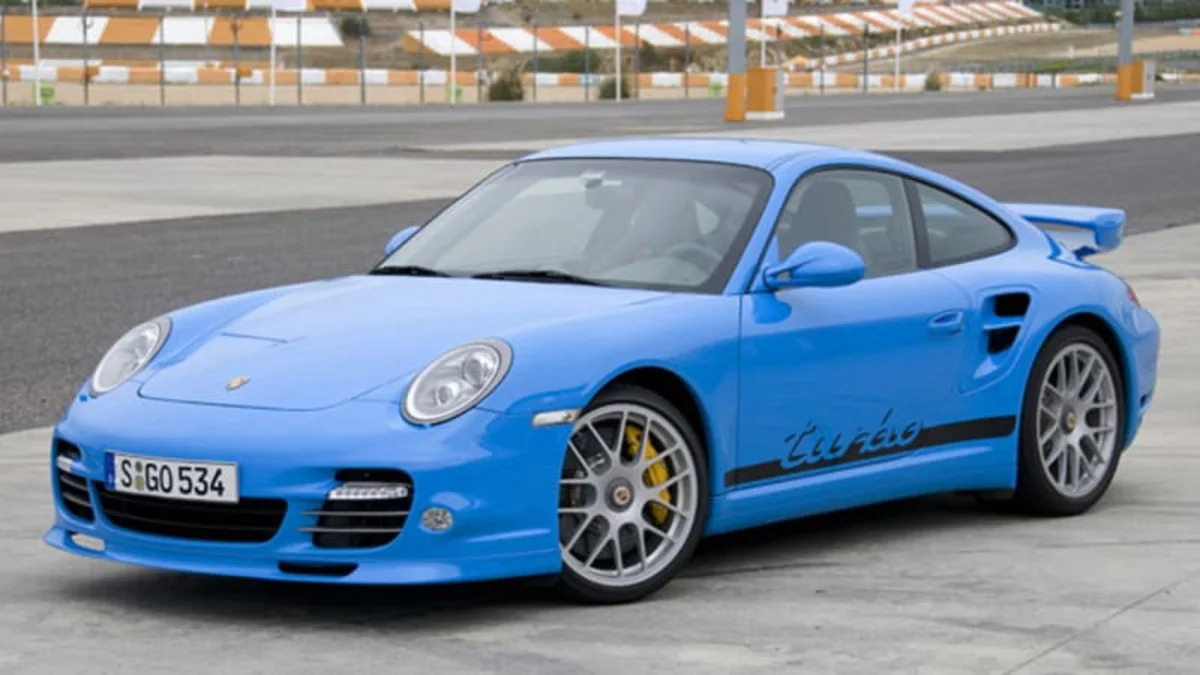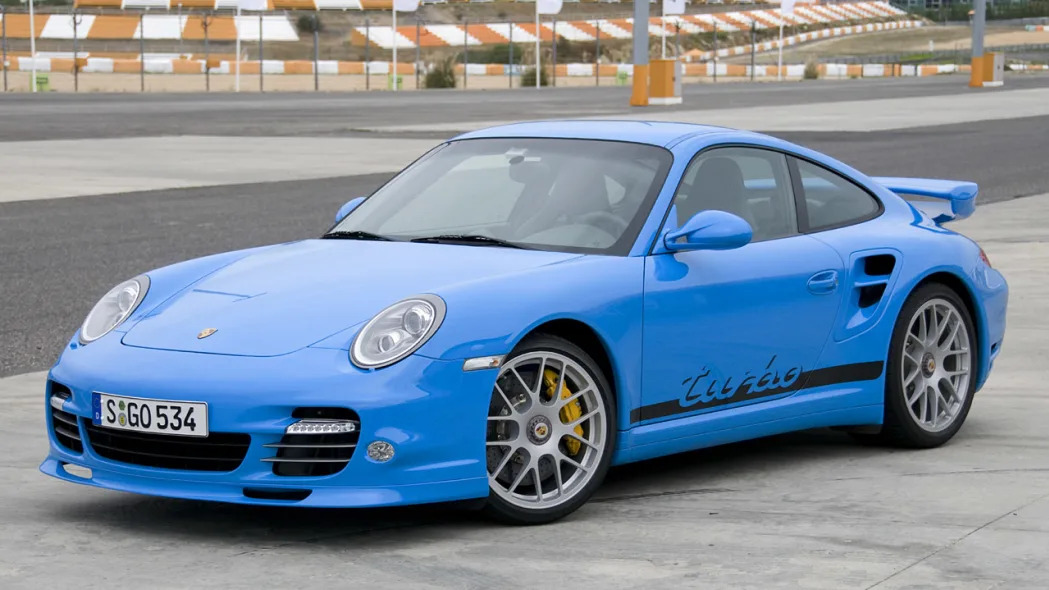It might not get you a date, but this Porsche definitely taps into our biology drives and pumps us up
"Is that a Porsche in your pocket, or are you just happy to see me?" That's the subtitle on a funny and informative piece by colleague Diego Rodriguez over at AOL Autos. In it, Rodriguez looks at the connection between biology and our attraction to certain cars. While relating how deflated he felt every time he had to get into his faded Taurus in a lot full of "Range Bruiser Nantucketmobiles" and Aston Martin DB5s, he points out that it wasn't social conditioning so much as "a hard-wired biological mechanism," at work.
To explain the phenomenon, Rodriguez looks back more than a century to 1899, when "economist Thorstein Veblen published his seminal work The Theory of the Leisure Class, in which he postulated that we buy expensive things not so much for their inherent qualities, but for the attention we receive as we experience said object." He blames it on lekking, the mating dance done by species for eons, but Rodriguez says it goes much further than that:
Because of that, Rodriguez sees the future of automotive design linked more closely to biological wants and needs. It's a good read and definitely worth the click over if for nothing else other than the graphic that tops the page – Priceless."...a 911 literally makes a driver more potent from a biological standpoint, whether or not there are witnesses to your possession of the car. A Porsche driver, science says, no matter where or how they drive, have higher testosterone levels than if they were stuck in a sedan. By driving a Porsche they become more potent competitors in the game of life..."
[Source: AOL Autos]



Sign in to post
Please sign in to leave a comment.
Continue